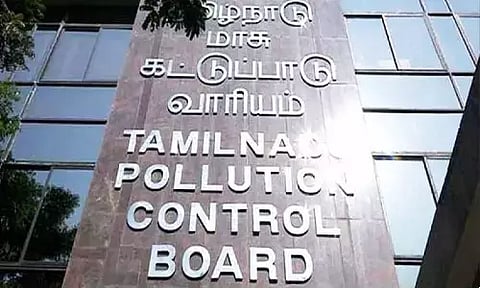

CHENNAI: In a significant move aimed at protecting the environment during Ganesh Chaturthi celebrations, the Southern Bench of the National Green Tribunal (NGT) has instructed the Tamil Nadu Pollution Control Board (TNPCB) to publish detailed information on penalties for violations of environmental regulations and to initiate a state-wide awareness campaign.
The bench, comprising Justice Pushpa Sathyanarayana and expert member K Satyagopal, ordered the TNPCB to launch the campaign within a week and ensure that “dos and don’ts” along with applicable fines are widely publicised by June 30.
The directive comes amid growing concern over the environmental impact of idol immersions involving non-biodegradable materials. Central to the tribunal’s concern is the widespread use of Plaster of Paris (PoP) and chemically-laden paints in idols, despite a ban issued by the Central Pollution Control Board (CPCB) in 2010 and reinforced with stricter guidelines in 2020.
Enforcement of these norms, however, has been uneven, especially in coastal cities like Chennai. The TNPCB, in its submission, claimed it had taken action against several unauthorised PoP idol manufacturing units, some of which were sealed. Nevertheless, violations continue, particularly in urban areas.
Following last year’s Ganesh Chaturthi, clean-up operations in Chennai alone recovered around 150 metric tonnes of idol fragments and festival-related waste from beaches such as Pattinapakkam, Kasimedu, and Palavakkam.
While acknowledging the need to respect religious practices, the NGT made it clear that such festivities must not result in environmental degradation.
“We are not restricting the celebration of the festival; we are targeting the pollution it causes,” the bench observed, underscoring the necessity of sustainable celebration methods.